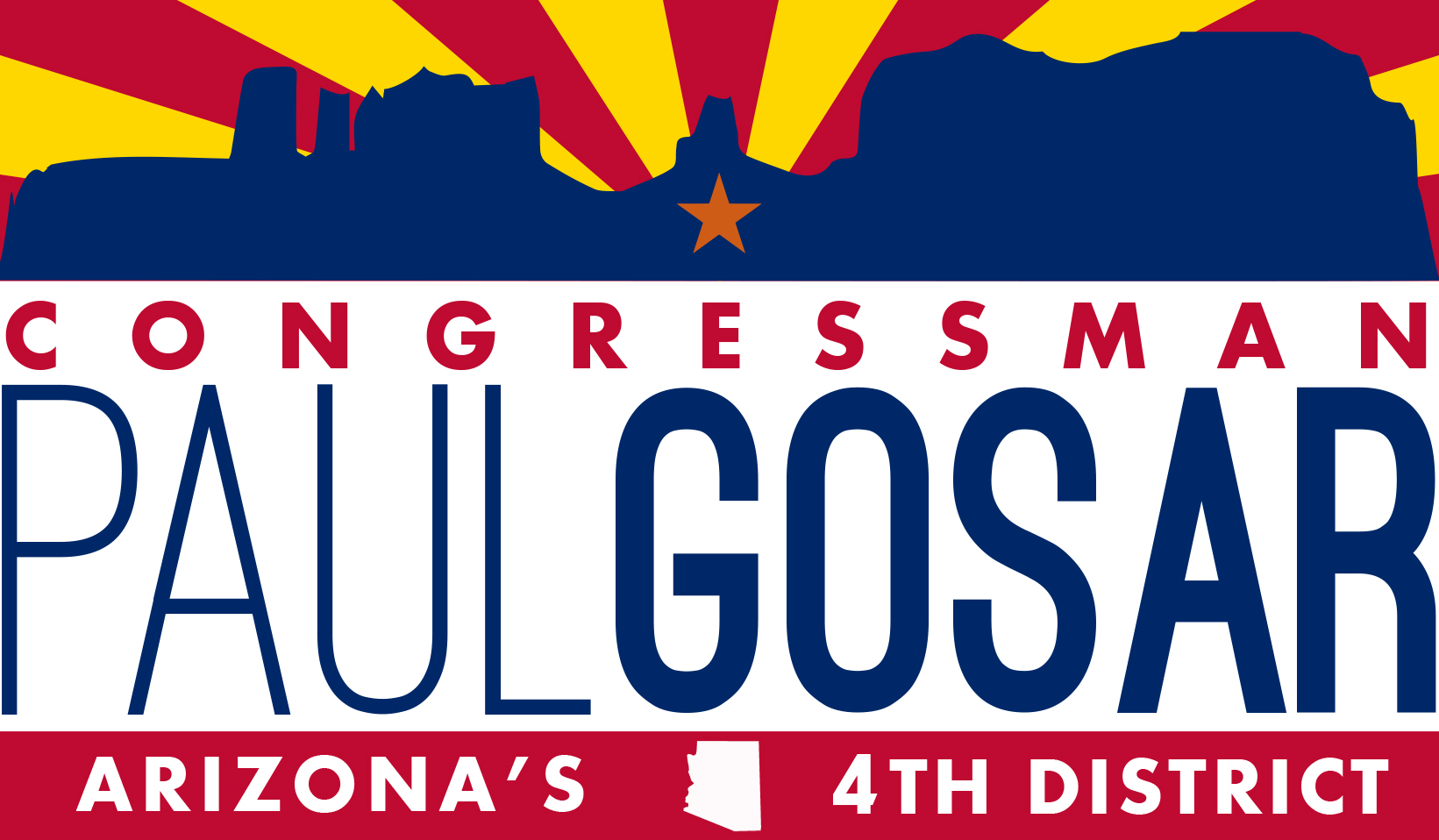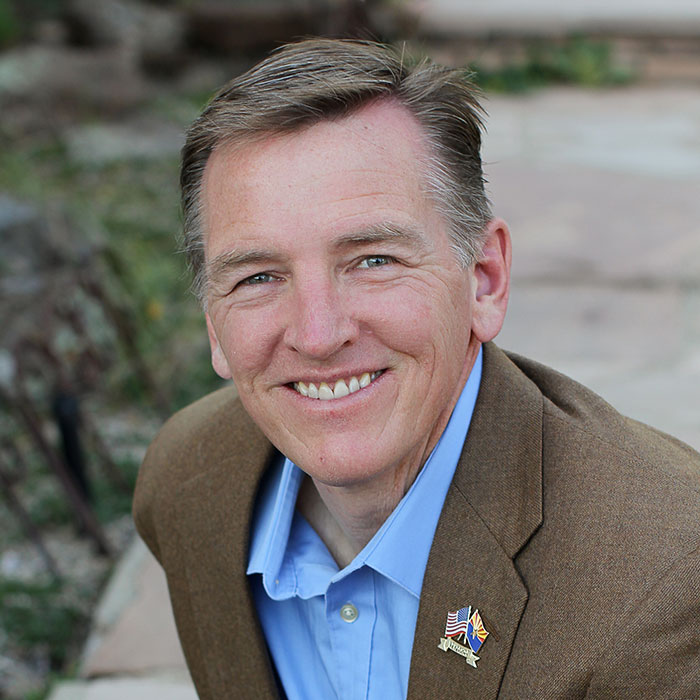|
Today, U.S. Congressman Paul A. Gosar, D.D.S. (AZ-04) released the following statement after the Environmental Protection Agency (EPA) published its power plant carbon rules in the Federal Register which begins a 60-day window for states and companies opposed to the rule to file lawsuits:
“Administrator McCarthy is living in Fantasy Land if she actually believes that the ‘EPA has never had a better and more open relationship with the states.’ When more than two dozen states launch legal challenges in less than 24 hours in response to a proposed new regulation, it’s safe to say that the feeling is not mutual. This overreaching new rule illegally strips away the authority of individual states to determine their own energy policies. By forcing this fundamentally flawed mandate down the throats of energy providers and consumers, the president is threatening to extinguish millions of good paying jobs, to cause energy prices to skyrocket and to further impoverish American families already struggling to make ends meet.”
“Ultimately, Congress, not EPA bureaucrats at the behest of the President, should dictate our country’s environmental policies. The truth is President Obama, the EPA and the rest of his bureaucratic minions are circumventing Congress because Obama was never able to get the support to pass Cap and Trade. Federal judges have already slapped down numerous new environmental regulations imposed by this out-of-control administration. I have no doubt that the power plant carbon regulations will suffer the same fate.”
Background:
The Mohave Daily News recently reported that “The final version of Obama’s plan imposes stricter carbon dioxide limits on states than was previously expected: a 32 percent cut by 2030, compared with 2005 levels, the White House said. Obama’s proposed version last year called only for a 30 percent cut.”
American families are projected to lose almost $600 billion in disposable income as a result of EPA’s “Clean Power Plant Rule”. According to the U.S. Chamber of Commerce Institute for 21st Century Energy, all of this economic harm and destruction for our economies will only result in a 1.8% reduction of global carbon-dioxide emissions by the year 2030.
The National Black Chamber of Commerce reported that that EPA’s Clean Power Plan will result in the loss of 7 million jobs among black Americans and 12 million jobs among Hispanic Americans by 2035.
In a letter to Rep. Gosar dated June 23, 2015, the Sulphur Springs Valley Cooperative stated the “Proposed Carbon Rule will result in wholesale electric costs for distribution cooperative customers to rise to 37.6% above the market rate.”
In a July 7, 2015 article, Patrick Ledger, CEO of the Arizona Generation and Transmission Cooperatives, told the Environment and Energy news service that “The people throughout rural Arizona that we serve will be screwed more than anybody else in the country,” For example, if the Apache Generating Station closes as a result of these new regulations an 245 good-paying jobs will be lost in Benson and Willcox Arizona.
On June 24, 2015, the House passed the Ratepayer Protection Act and rejected this overreach. Congressman Gosar offered an amendment to H.R. 2042, the Ratepayer Protection Act, which prevented states from being forced to comply with EPA’s Clean Power plan until after a comprehensive judicial review.
Congressman Gosar’s amendment to H.R. 2042 required formal withdrawal of the EPA’s Clean Power Plan proposed rule published on June 18, 2014 and the supplemental proposed rule published on November 4, 2014. The amendment also required the EPA to consult with local governments and small businesses to commission a report on ways to further the goals of the Clean Air Act without new regulations and required legislation to be passed by Congress before any new regulations for power plants can be implemented.
###

|

